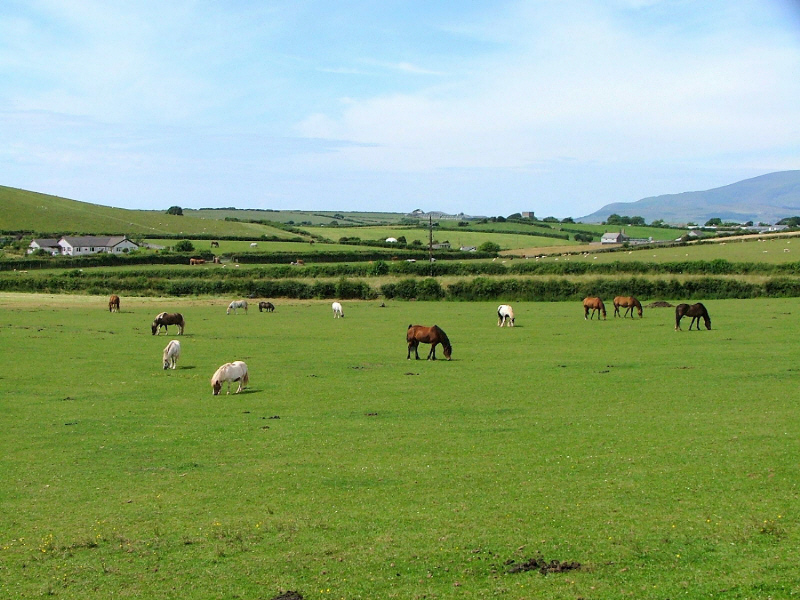
Welcome to our inaugural hosting of The Carnival of Capitalists. For those of you not familiar, below you will find a list of the best submissions for the week from across the blogsphere as relates to all aspects of business, marketing, economics and finance.
For those new to CityUnslicker and the UK blog scene there is a section at the end with links to some of our best blogs in the genre.
Below I have split up this weeks submissions into various categories:
Personal finance
Lots of posts this week on how to save money and not get robbed by corporates. Here is one that tracks money saved since Sep 11, 2001 (9 / 11) - Hindsight And Investment Gains!. Then moneywalks some advice to has Overcome your worst fear: Learn How to Save. Then we get to Eleven Tricks Stores Play To Make You Think You’re Getting a Better Deal Than You Are.
Matthew Paulson has some practical advice to all of us Quit Writing Checks. But the section ends with a great take which manages some humour too The Bank of Nonsense
Personal & Professional Development
Then we have some more steps to help achieve the right frame of mind for yourself when considering business as a career, such as Top Secrets to Achieve Success, make Money or Whatever you Wish in Life. Randy Nichols then presents Fast Paced Success - Considering a Career in Business. Now that you are up and running we then reach How to build confidence and close more sales, useful for me in my new job!
Warren Wong presents makes us think with an excellent piece on What Do You Actually Buy With Money?
A good way of explaining the fallacy of sunk costs.
Business Management and Strategy
A good start here is with The Four Perspectives of Business - Keeping Your Eye On What?s Important
Chris Russell submitted this article on how to go for exponential growth with a real strategy Boldly Go Where No Has Before - Prepare to Do 20 Times More by Looking Five Years Ahead.Jay Deragon, not to be confused with Jay Solo who founded CotC, has his own take on quick fixes from some business problems here.
This article looks into the downsides of trying to get away which paying for cheap staff Can You Afford To Pay Minimum Wage?
At a higher level, some advice for CEO's of sub prime Mortgage brokers... Do apologies work? 10 questions to consider
Then Charles H. Green has Customers and Strategy Part 2 of 2: Customer Centricity vs. Customer Vultures, which is an in-depth look at how difficult different organisations seek to work with one another.
On the simpler front there is advice for running businesses; from to how How to Attract More Customers and a thought on Cold Calling - Does It Work Anymore? and ending with Critical Priorities for Extraordinary Service Quality
Starting a business
In this section some fine posts, let's start with Finding The Right Part Time Business Opportunity, something all us bloggers have time for....At this point we have some more good advice in the form of this;
10 Things to Do Before Starting A Business : Step 1. The we will need this Write A Successful Business Plan On Your Own.
Environmental theme posts
Vihar Sheth starts What's the Point? A reminder that small actions can make a difference. The a look at one of the biggest growing sellers in the US car market How Popular is the Toyota Prius? ~ Hybrid Car Review.
Global View posts
We start this section with some thoughts on the Role of IT in the Democratization of Commerce
Golbguru then submitted a great piece on a current global story: Who Is Responsible For Lead In Toys?Finally for this section a sobering (for us Westerners') Offshoring and Outsourcing: It's Not Just Manufacturing
Global & US economic posts
In a section more in keeping with the usual posts you will find in this house we have lots on the current market turmoil; how to profit and benefit from it:
How Will The Rate Cut Affect You and how you can profit from it, Fed Rate Cut Signal - Time To Be Invested In The Stock Market
Sophistpundit: Enough with the interest rates already has clearly heard enough though!
Then a counter-intuitive post Why A Weak Dollar Can Help The Stock Market
More on the travails of the dollar include The Weak U.S. Dollar And How The World Is Pawning Us » Money and Personal Finance Blog In Silicon Valley, and How Far Has the Dollar Fallen? And Why?
A Quick tour of the UK World of Finance & Economics blogs;
Next week is the 4th Anniversary of The Carnival and it will be hosted at Business Pundit























